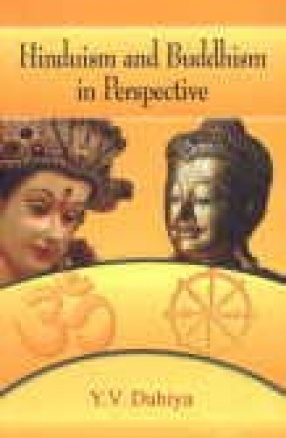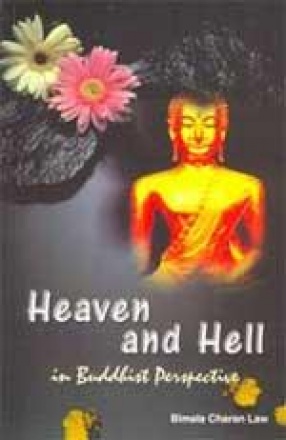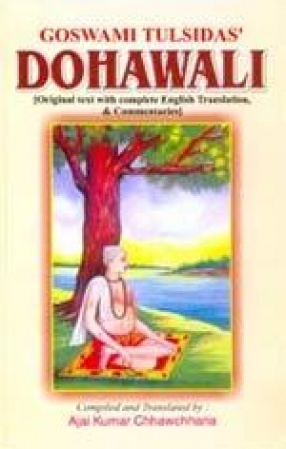The book Hinduism and Buddhism in Perspective is divided in seven chapters. So far many things with the emphasis on philosophical thought have been discussed and viewed throughout this book. Both Hinduism and Buddhism are primarily concerned with the practical problems of human life. Their direct aim is to offer solutions for the proper guidance of human conduct. They try to suggest practical ways and means solving the pressing problems of life and to attain the state of supreme perfection. However, the approach of the Hinduism is mainly para-psychological and it offers solutions mostly on the basis of traditional and metaphysical presuppositions, whereas the approach of Buddhism is thoroughly empirical in which the traditional metaphysical speculations are brushed aside. Surely, Hinduism and Buddhism are fundamentally opposed to each other in the belief of the existence of God (Brahman). The former holds the view that God or Brahman is the guiding principle behind the entire process of evolution and dissolutions. The latter does not recognize the idea of God or Brahman. It rejects idea of God. Concerning the concept of action (karma) both the Hinduism and Buddhism agree that all actions, whether good or bad, produce their proper consequences in the life of the individual who acts, provided they are performed with a desire for the fruits thereof. A man becomes good by performing good actions and bad by bad actions.
Hinduism and Buddhism in Perspective
In stock
Free & Quick Delivery Worldwide
reviews
Bibliographic information
Title
Hinduism and Buddhism in Perspective
Author
Edition
1st ed.
Publisher
ISBN
8121511797, 9788121511797
Length
xii+258p.
Subjects





There are no reviews yet.